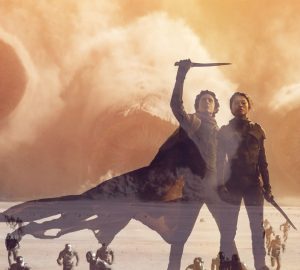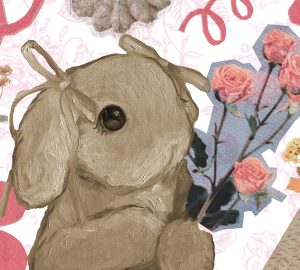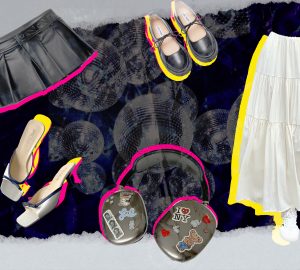The Connector interviews Ben Rhodes, a third-year film and television student.
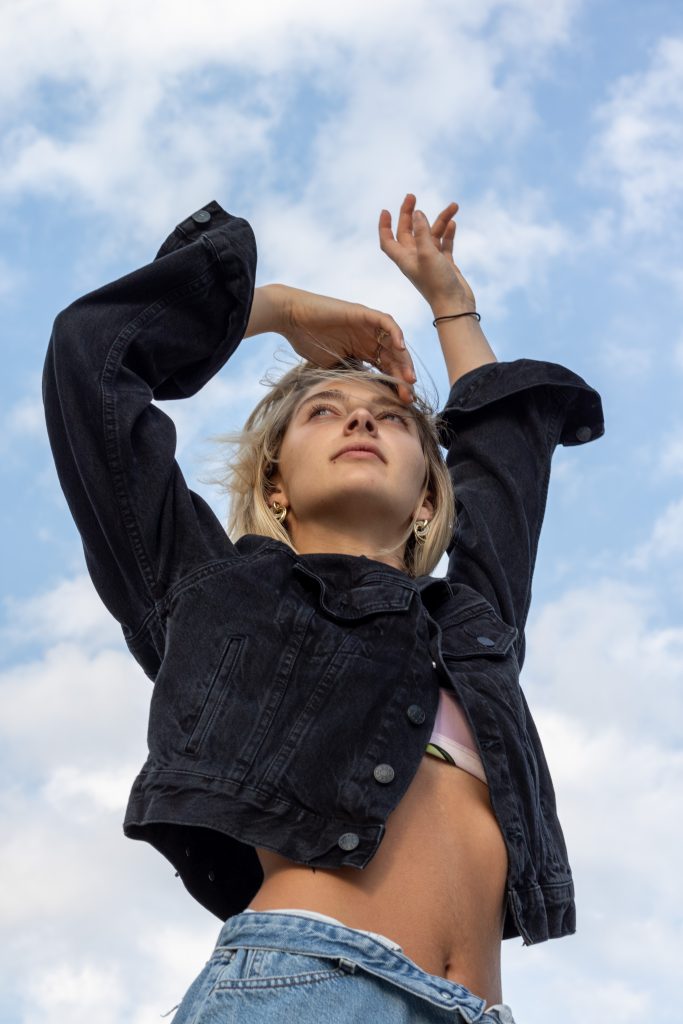
When did you start photography and what does it mean to you?
Well first off, my name is Ben Rhodes but my friends call me Benji. I come from a really small town in South Georgia called Pitts and there isn’t an art scene at all there so that is why I chose to move to Atlanta. I think the switch from the country life to city life was a big change for me, but I somehow adjusted quickly — and loved it. Change is usually something I crave because it’s nice to switch up what you’re comfortable with every now and then to push your boundaries. Wanting to pursue an art-related field felt scary in such a small, close-minded town, but I still managed to gain some confidence in myself.
When I was younger, I remember wanting a simple camera for Christmas. After finally receiving the camera, I took short videos every day just for the satisfaction of being able to capture the world around me in a clip. Once I reached my junior year of high school, I had saved up enough to buy a “big boy” camera — the Canon Rebel t5i. It’s lasted me all these years and will hopefully continue to do so until I’m able to afford an upgraded camera.
Photography means the most to me because it truly makes people appreciate what’s around them more. Being able to isolate a single frame of something the photographer sought to be beautiful is what drives us to keep creating. There is such vast beauty within our world that is begging to be captured, and that’s what the essence of photography means to me.
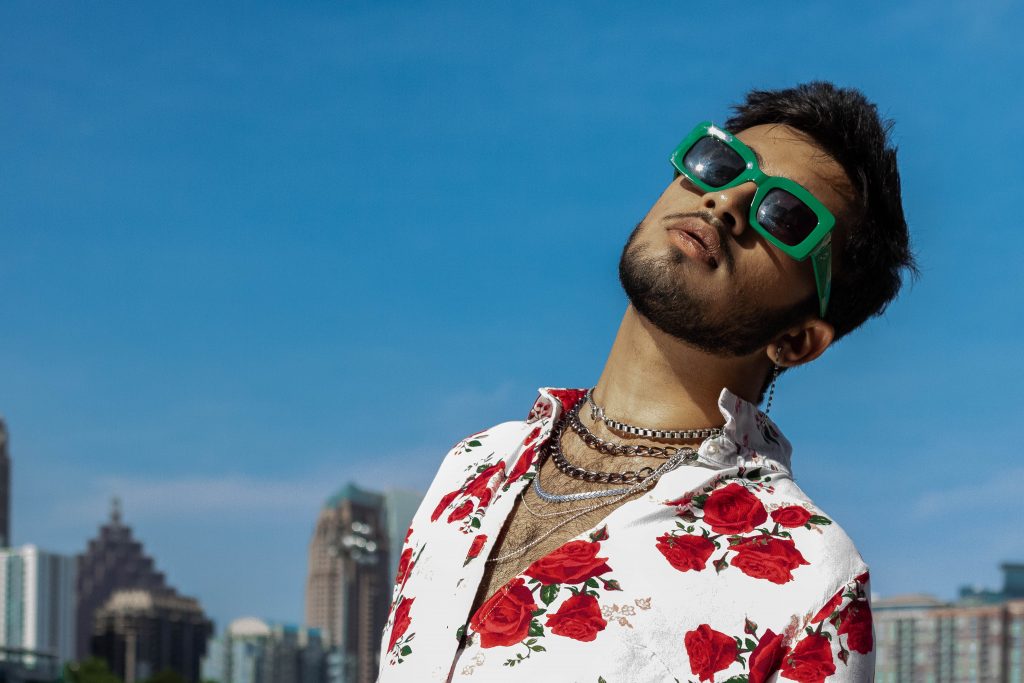
What is your photography process? Describe what type of photography you like.
My typical process for photography is just walking and shooting until I feel like I’ve gotten many great shots. I never like shooting just one location because the freedom to move around and add variety in my work helps me think more creatively. I concentrate mostly on portrait photography and urban photography, although lately I’ve been experimenting with compositing both into one image.
A lot of people believe that editing takes away from the photograph but in my opinion, it’s necessary to bring out the full characteristics of the photo that the camera may haven’t been able to pick up. Beyond simple editing, more extreme alterations to a photo can be fun as well when it’s intentionally done for the aesthetic. Some of my images I prefer to be much more dramatic, while others I would like to highlight the natural qualities. My aesthetic for photos is forever evolving so there’s no telling what my next photoset will become.
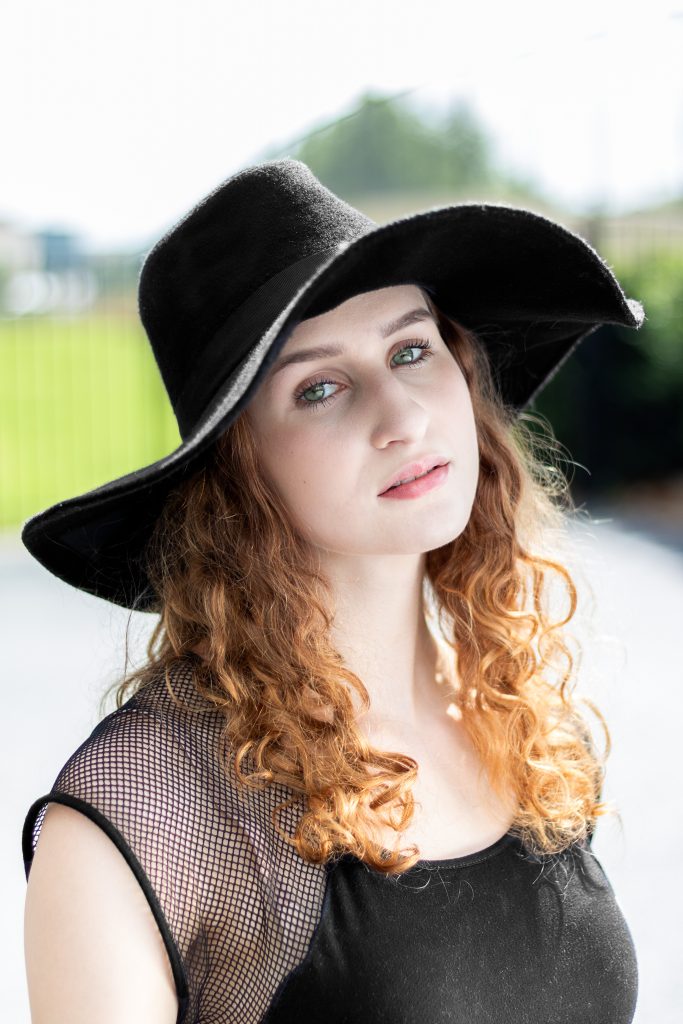
Who or what inspires you?
Most of my inspiration comes from spur of the moment type shoots. For my photography, I prefer to walk around and let the environment sort of guide me to the right spot. I shoot what I feel is right, and I try to invoke a feeling of passion through a single frame. I enjoy being able to create a photo that seems like it’s set in an environment that is beyond where we are. For my films, I’m inspired by the way the world works around us. Black Mirror seems to be a major inspiration of mine because of the show’s ability to make us think more about the world we live in.
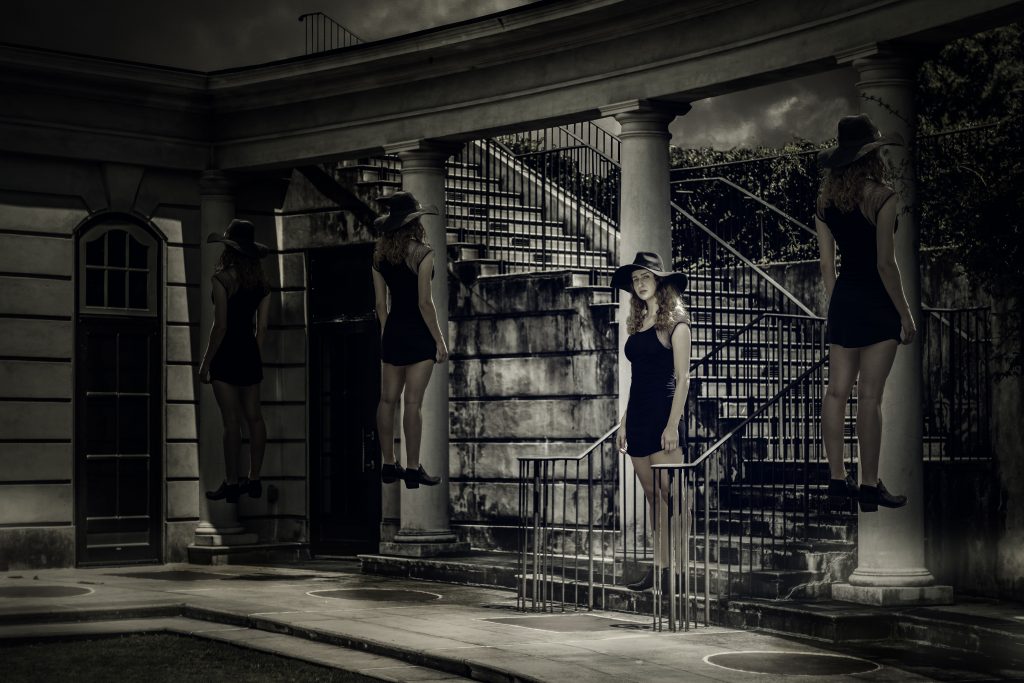
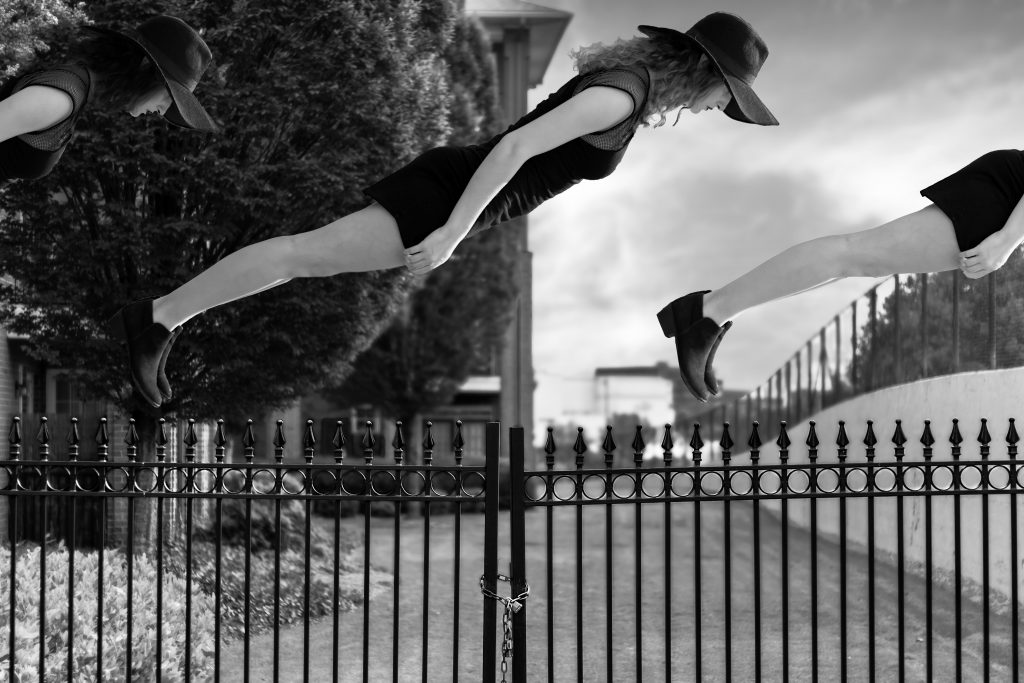
How does SCAD help your creative process?
Being at SCAD allows me to connect with many other like-minded individuals which helps me get into the right creative mindset. I’ve also learned just as many helpful techniques from friends as I have in class. I think if I wouldn’t have come to SCAD, these connections would not have been made. I feel appreciative to be surrounded by a community of people who don’t judge. The change from high school to art school has definitely aided in me thinking more creatively.
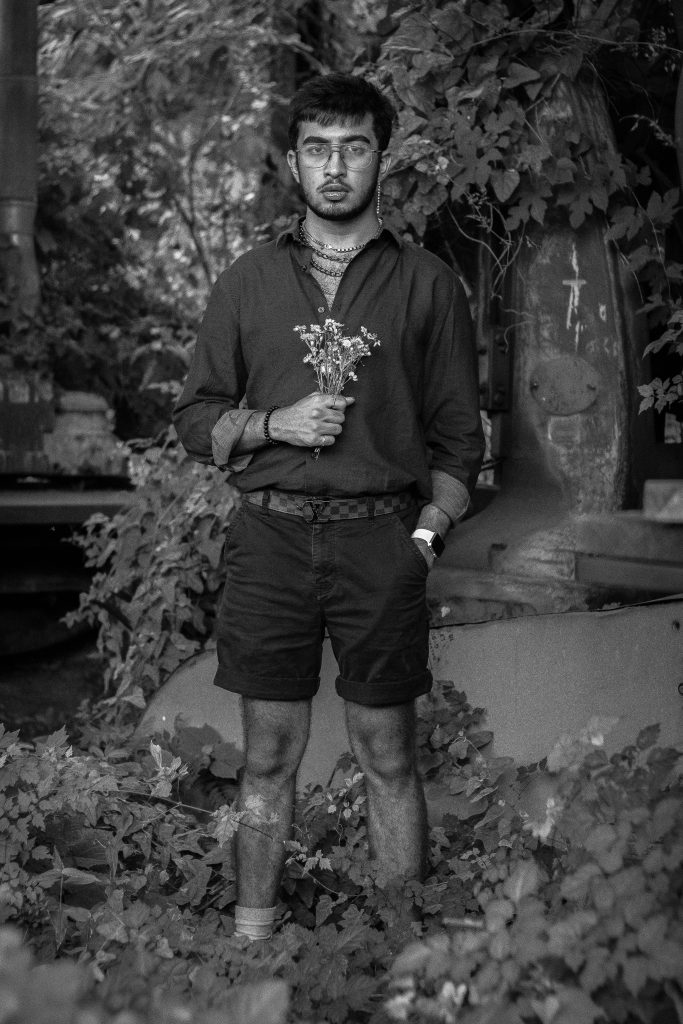
Photo by Ben Rhodes. 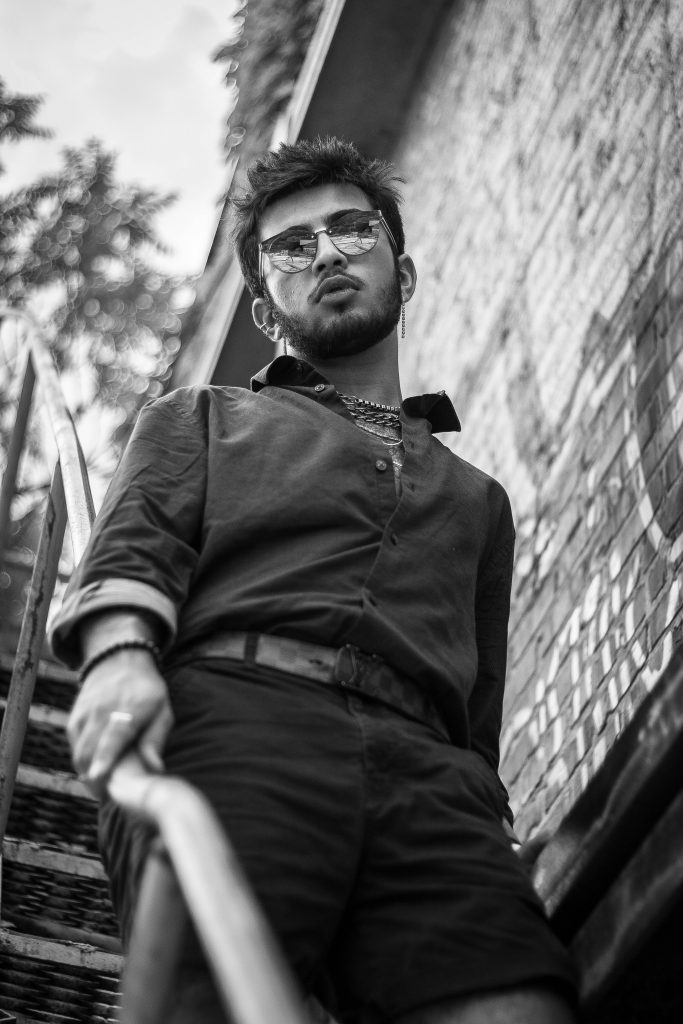
Photo by Ben Rhodes.
Do you have any advice for other artists?
If I’ve learned anything from my first year at SCAD it’s to talk to people and make as many connections as you possibly can for the future. Just from making friends, I was able to have them model for my work and even offer me opportunities that I’m extremely appreciative of and could possibly help my career. Your portfolio is what’s going to make or break your future, not grades. More importantly than that, personality and presence within the networking world is a must. Before coming here, I was more immature in the way I presented myself professionally. I’ve learned since then that professionalism is key. Put on a face if you must because the industry is tough and you’ll need to power through with a positive attitude.
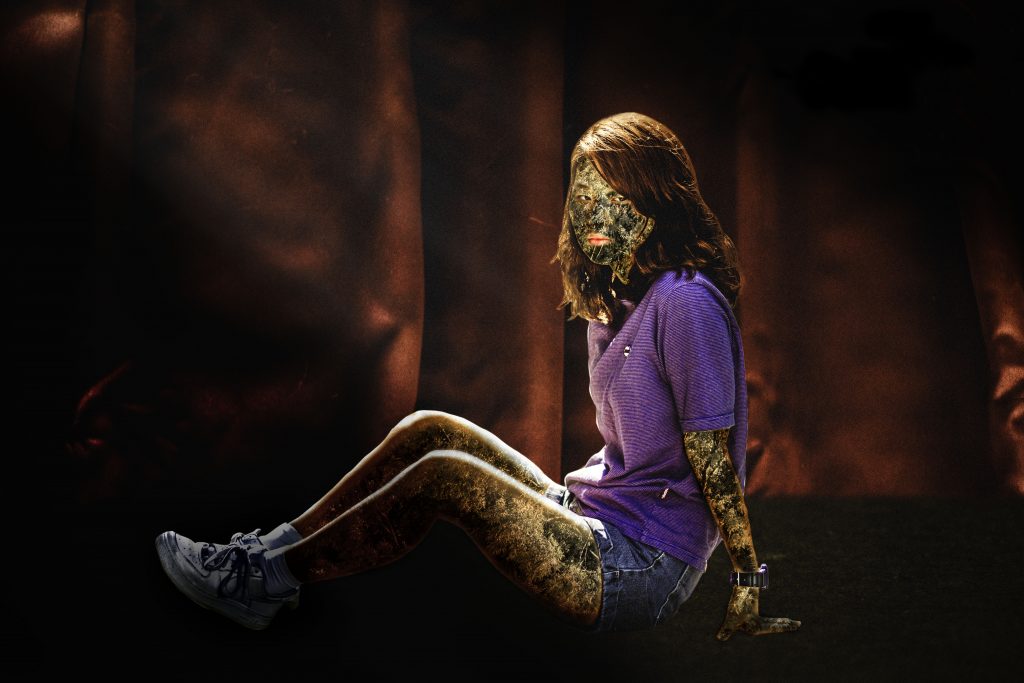
What are your future goals?
As of now, I plan to graduate within two years with my film and photography degree and hopefully work in Atlanta until I’m able to accept a job elsewhere. The dream is to travel to different places within my career by accepting jobs wherever they take me. I really can’t plan too far ahead because the industry is changing so much, but I can say that I would just like to live comfortably enough to pay off my debt.

